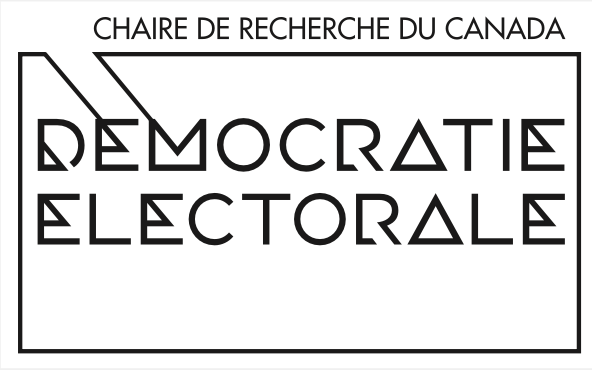Is The Party Greater than the Sum of its Parts? An Analysis of Class Representation and Party Policy in Canada and in the UK
Thomas Rafie-Université de Montréal
Extensive research has demonstrated that descriptive representation matters. Members of groups often share common interests and elected officials that are part of these groups can wield their power to advance their group’s interests. While most representation studies are about women and ethnic minorities, fewer have inquired into the descriptive representation of economic groups. This study tries to remediate this by asking two questions: how has descriptive representation of class changed, and how are these changes in representation connected to party policy? First, I use former occupation of UK and Canadian MPs to analyze trends in the representation of class since the Second World War. Second, I combine these trends with data from the Comparative Manifesto Project (CMP) to establish a link between the proportion of working-class MPs and party policy. Descriptive results show that the working class used to have some amount of representation among MPs, but that this representation has largely faded. Furthermore, regression results show that the presence of working-class MPs pushes to the left the policies proposed by UK and Canadian parties, but that this effect is mainly explained by the influence of parties. The implications of these findings fuel the debate on the importance of economic group representation, as the results show a growing deficit in class representativeness, which in turn influences the electoral choices available to voters.

This content has been updated on 22 February 2024 at 9 h 05 min.
Comments